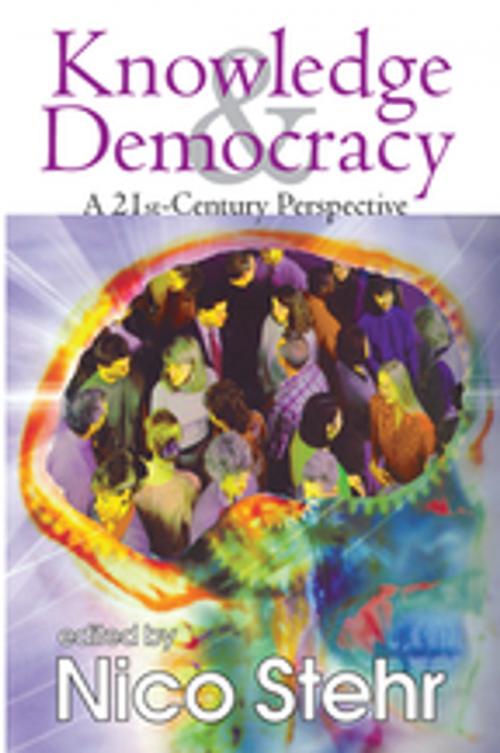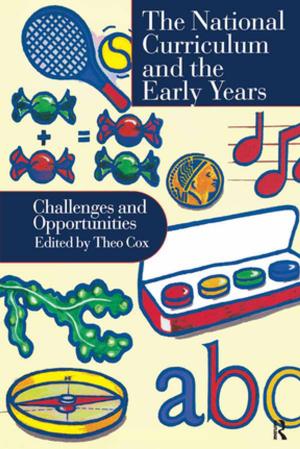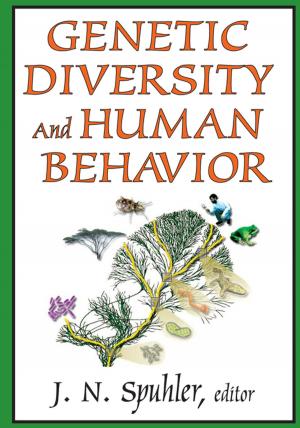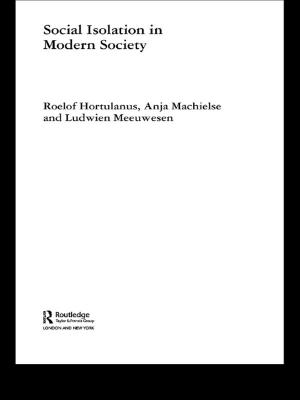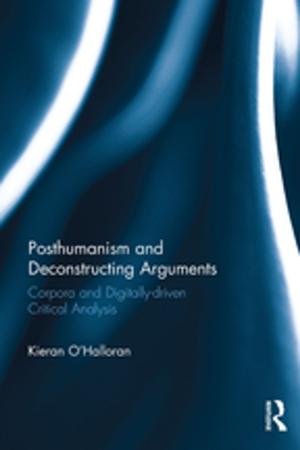Knowledge and Democracy
A 21st Century Perspective
Nonfiction, Reference & Language, Language Arts, Communication, Social & Cultural Studies, Social Science, Sociology| Author: | Nico Stehr | ISBN: | 9781351509978 |
| Publisher: | Taylor and Francis | Publication: | September 8, 2017 |
| Imprint: | Routledge | Language: | English |
| Author: | Nico Stehr |
| ISBN: | 9781351509978 |
| Publisher: | Taylor and Francis |
| Publication: | September 8, 2017 |
| Imprint: | Routledge |
| Language: | English |
The relationship of knowledge and liberties in modern societies presents a multitude of fascinating issues that deserve to be explored more systematically. The production of knowledge is dynamic, and the conditions and practice of freedom is undergoing transformation. These changes ensure that the linkages between liberty and knowledge are always subject to changes. In the past, the connection between scientific knowledge, democracy, and emancipation seemed self-evident. More recently, the close linkage between democracy and knowledge has been viewed with skepticism. This volume explores the relationship between knowledge and democracy, Do they support each other, do they mutually depend on each other, or are they perhaps even in conflict with each other? Does knowledge increase the freedom to act? If additional knowledge contributes to individual and social well being, does it also enhance freedoms? Knowledge and Democracy focuses on the interpenetration of knowledge, freedom and democracy, and does so from various perspectives, theoretical as well as practical. Modern societies are transforming themselves into knowledge societies. This has a fundamental impact on political systems and the relationship of citizens to large social institutions. The contributors to this book systemically explore whether, and in what ways, these modern-day changes and developments are connected to expansion of the capacities of individual citizens to act. They focus on the interrelation of democracy and knowledge, and the role of democratic institutions, as well as on the knowledge and social conduct of actors within democratic institutions. In the process of investigation, they arrive at a new platform for future research and theory, one that is sensitive to present-day societal conflicts, cleavages, and transformations generated by new knowledge. In this way, this volume will attract the interest of political scientists, sociologists, economists and students within various disciplines.
The relationship of knowledge and liberties in modern societies presents a multitude of fascinating issues that deserve to be explored more systematically. The production of knowledge is dynamic, and the conditions and practice of freedom is undergoing transformation. These changes ensure that the linkages between liberty and knowledge are always subject to changes. In the past, the connection between scientific knowledge, democracy, and emancipation seemed self-evident. More recently, the close linkage between democracy and knowledge has been viewed with skepticism. This volume explores the relationship between knowledge and democracy, Do they support each other, do they mutually depend on each other, or are they perhaps even in conflict with each other? Does knowledge increase the freedom to act? If additional knowledge contributes to individual and social well being, does it also enhance freedoms? Knowledge and Democracy focuses on the interpenetration of knowledge, freedom and democracy, and does so from various perspectives, theoretical as well as practical. Modern societies are transforming themselves into knowledge societies. This has a fundamental impact on political systems and the relationship of citizens to large social institutions. The contributors to this book systemically explore whether, and in what ways, these modern-day changes and developments are connected to expansion of the capacities of individual citizens to act. They focus on the interrelation of democracy and knowledge, and the role of democratic institutions, as well as on the knowledge and social conduct of actors within democratic institutions. In the process of investigation, they arrive at a new platform for future research and theory, one that is sensitive to present-day societal conflicts, cleavages, and transformations generated by new knowledge. In this way, this volume will attract the interest of political scientists, sociologists, economists and students within various disciplines.
